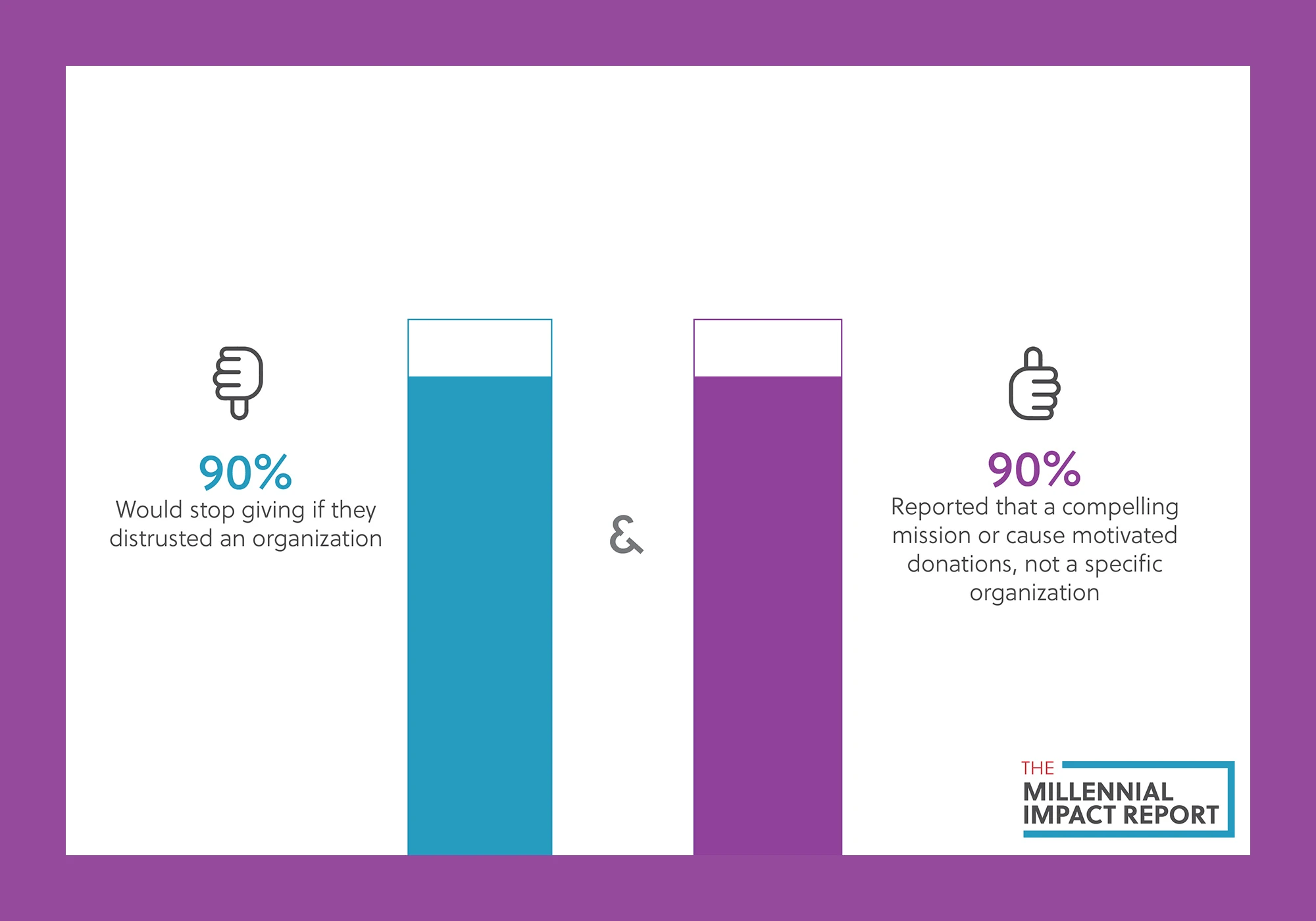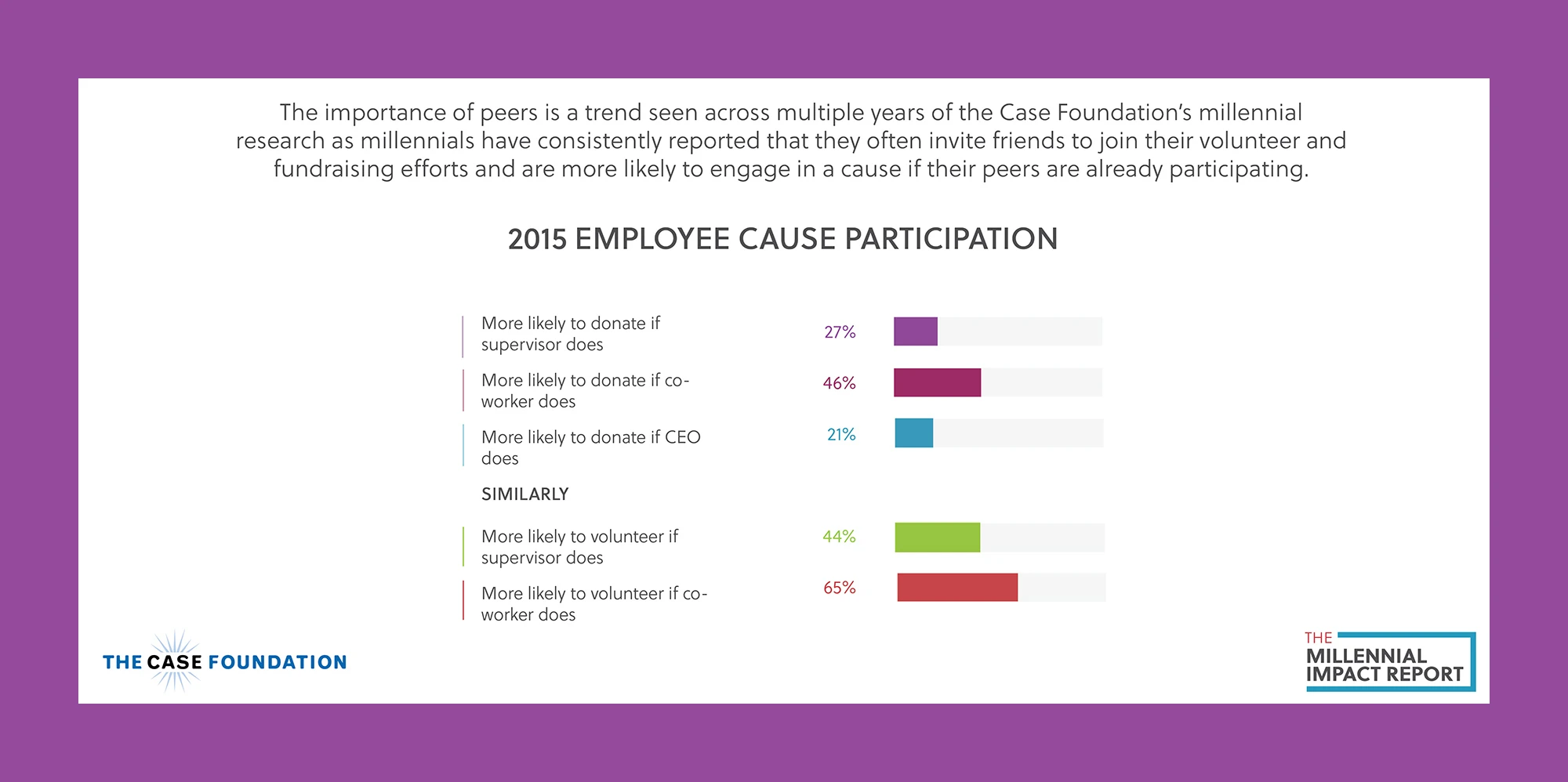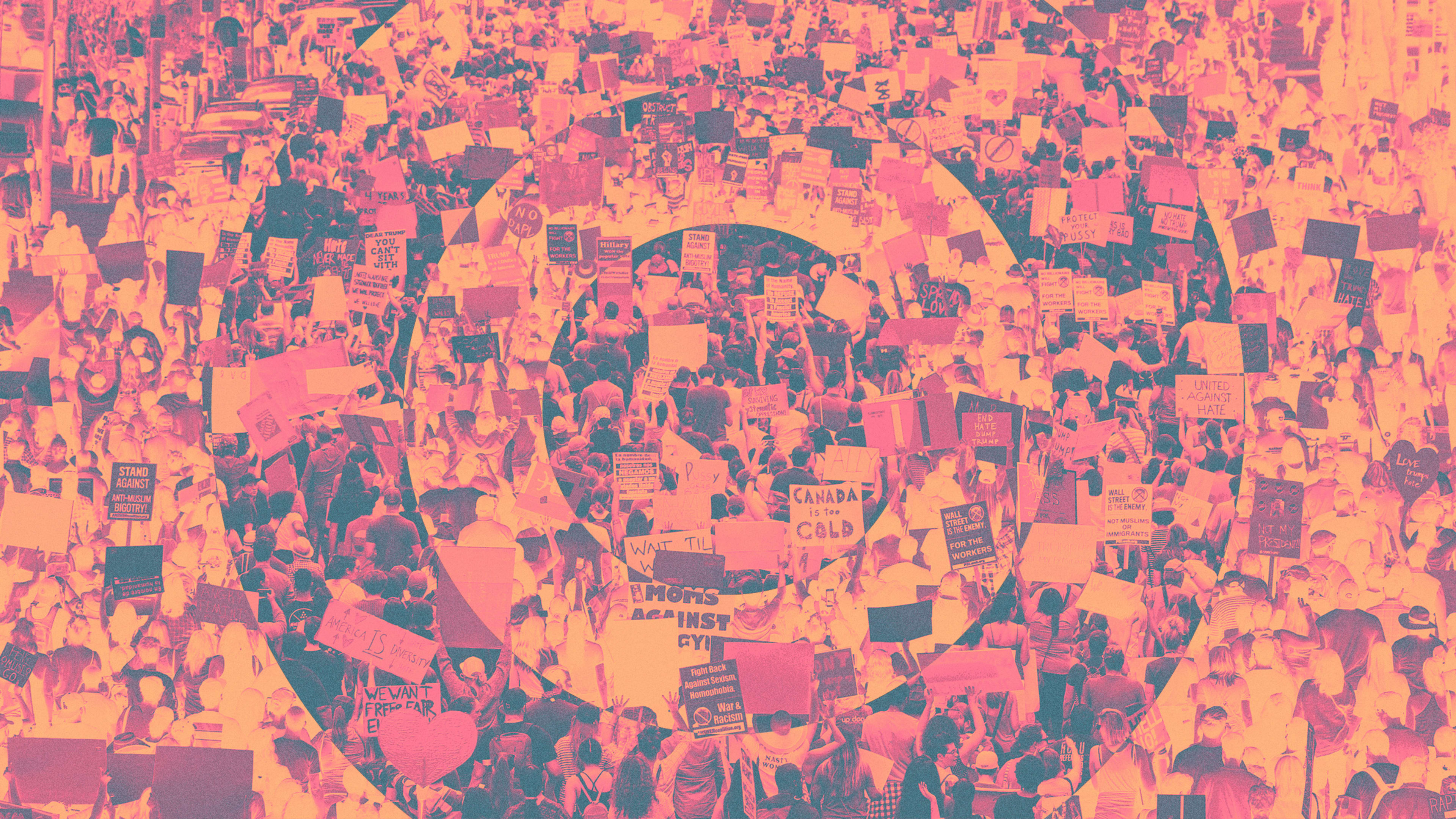Golf, chain restaurants, American cheese, and in-person conversations—that’s just the super short list of things millennials have been accused of ruining. Now there’s another entire sector to add to that list: traditional philanthropy. A decade of research now shows that this generation—which now represents the largest group of adults—wants to help humanity and save the planet in ways that are far different from those inspired during the age of dial-up internet or rotary landlines. Given how many problems humanity has been unable to solve, that might be a very good thing.
The Case Foundation, a private nonprofit that works to inspire entrepreneurial and innovative ways to make social change, found three main factors affecting how millennials’ behavior differs from previous generations. They identify more directly with issues than the entrenched institutions. They believe a bunch of small and even virtual acts can add up to larger social shifts. And chief among those actions isn’t publicly volunteering or donating—not until the specific cause group earns their affiliation and respect.
The findings come from 10 years of the Millennial Impact Report, an annual survey of at least 3,000 millennials run by the Case Foundation to better understand how they engage with causes and seek to make social change. This year’s analysis summarizes how the rise of social media, crowdfunding, and brands developing their own social conscience has influenced the millennial way of making a difference. It’s bolstered by additional interviews with respondents and an in-depth look at their online lives.
“I think we could probably take a page from millennials, but whether we do or we don’t, the train has left the station,” says Case Foundation CEO Jean Case. “As we like to say, they’re changing the way change is made. Across the board, how they look at social good and their own actions or contribution to their community or their nation is really fundamentally different than the way the generations ahead of them did. And I think that’s important for all of us to understand.”
It used to be that if you wanted to change the world, you backed one of several key cause groups synonymous with the topic area you were interested in. If you care about the environment, you’d give to Greenpeace. But millennials now have more ways to connect directly, be it through reading posts on social media, watching viral videos, or joining crowdfunding campaigns. As a result 90% of millennials say they’re driven to donate because of a “compelling mission or cause.” The exact organization doesn’t matter. Seeing the impact of those donations—they are often traceable to direct recipients—has also changed the demand for accountability: Three-quarters of these givers are not willing to donate to cause groups at all unless they understand exactly what they’re funding.

Millennials are also optimistic, with 86% believing their actions can impact the world. But those actions coincide with what Feldmann calls the rise of the “the everyday do-gooder”—people think lots of small and consistent habits like posting on social media, voting, or shifting your buying behavior can make a difference (in the later case, that might be shopping for an eco-friendly alternative, or buying brands that have their own social missions). “If you look at the top five actions taken for social issues, it’s voting participation, signing petitions, and sharing content on social media, which is not a surprise,” Feldmann says. “But also protest marches and rally participation were higher than donating to causes.”
Partly that’s because tools like Change.org and Facebook make it easy to take simple actions like signing petitions and planning events. But many of these things still happen on a grassroots level, reflecting the fact that many groups soliciting funds haven’t evolved to allow for similar actions. “If you look at the structure of most organizations in America, [they’ve] got two definite programs or departments. One that’s focused on donations and raising money, one that’s focused on getting somebody’s time,” Feldmann says. A smarter way to win long-term allies would be to adopt what he calls a “supporter mentality” with a more universal tool kit. The idea is to “prompt and nudge this generation to flex all of their muscles” he says, which will then include making donations or volunteering if they feel they truly trust the group.
One group that has done that well is the Surfrider Foundation, which offers a broad mission statement (in general, that the ocean and beaches are worth preserving) and different ways that people can plug in, be it organizing a local chapter, joining beach cleanups, pledging to only patronize ocean-friendly restaurants, or following their steps toward plastic-avoiding lifestyle changes. Their explainers on these issues are in-depth and conversational and lack obtuse language, such as just saying your organization is going to “educate, empower, or innovate” on some issue.

Recognize your brand’s excellence by applying to this year’s Brands That Matter Awards before the early-rate deadline, May 3.
